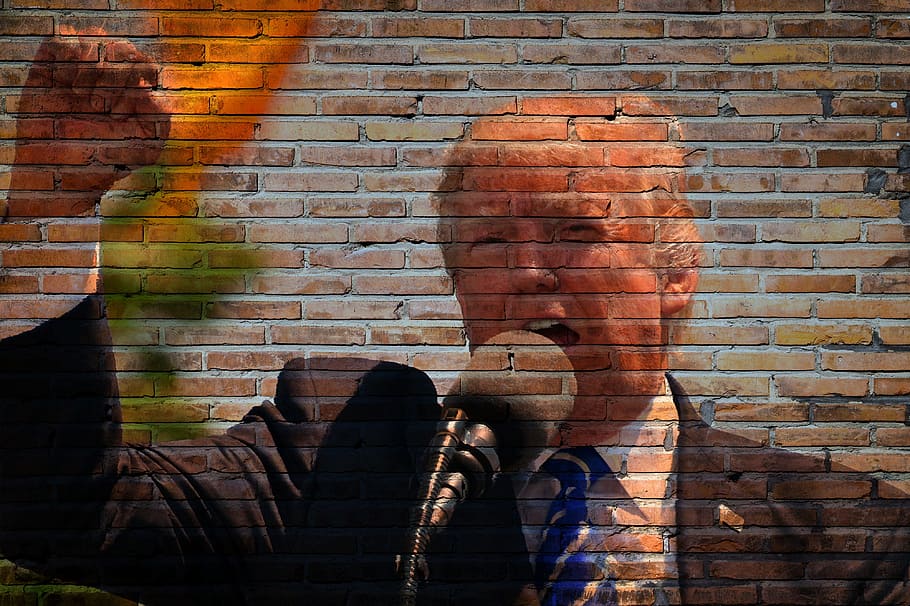
U.S. President Donald Trump said Tuesday that he plans to impose a 50% tariff on copper imports, though he has not specified when the tariff will take effect.
During a cabinet meeting, Trump told reporters, “Today we are doing copper. I believe the tariff on copper, we are going to make it 50 percent.” Commerce Secretary Howard Lutnick echoed this level of tariff but no executive orders to implement the duties were scheduled for signing that day.
Impact on Canadian Copper Industry
Pierre Gratton, head of the Mining Association of Canada, said the tariff would have limited impact on Canadian mining companies since most raw copper is exported to Asia, not the U.S.
“The copper concentrate that we mine tends to go to other markets, so this is kind of immaterial. It’s disruptive, but it’s immaterial,” Gratton said.
However, Canadian copper refineries, which supply the U.S., could be affected due to limited domestic refining capacity in the U.S. Higher tariffs would likely mean increased costs passed on to American buyers.
“Once again, President Trump is penalizing the U.S. manufacturing sector, or would be if this goes ahead,” Gratton added.
Canada exported $9.3 billion worth of copper and copper-based products in 2023, with over half destined for the U.S., according to Natural Resources Canada.
Shares of U.S. mining company Freeport-McMoRan rose 4.6% following Trump’s announcement, and copper prices increased by 8.7% to $5.47 per pound.
Trump’s announcement signals potential expansion of sector-specific tariffs beyond steel, aluminum, and automobiles. Earlier this year, citing national security concerns, the administration launched investigations under Section 232 of the Trade Expansion Act of 1962 into several products, including copper and pharmaceuticals.
Trump said tariffs on pharmaceuticals would be announced soon, potentially reaching as high as 200%, with manufacturers given a year before implementation.
Trade Negotiations and Canadian Response
Trump delayed the implementation of broad global tariffs, originally scheduled for Wednesday, to August 1, to allow more time for trade negotiations.
Canada was not targeted by those tariffs and is working toward a bilateral deal with the U.S. by July 21.
Canada’s Finance Minister François-Philippe Champagne urged provinces and municipalities to adopt strategic procurement policies supporting domestic steel and aluminum industries, reinforcing Canada’s push for fair trade treatment.
Author’s Opinion
The planned 50% tariff on copper imports may backfire by raising costs for American manufacturers reliant on refined copper, given the U.S.’s limited domestic refining capacity. While the goal is to protect U.S. industry, higher input prices could weaken competitiveness and fuel inflation. Tariffs must be carefully balanced with broader economic impacts to avoid unintended harm to domestic manufacturers and consumers.
Featured image credit: pxbarn
For more stories like it, click the +Follow button at the top of this page to follow us.
